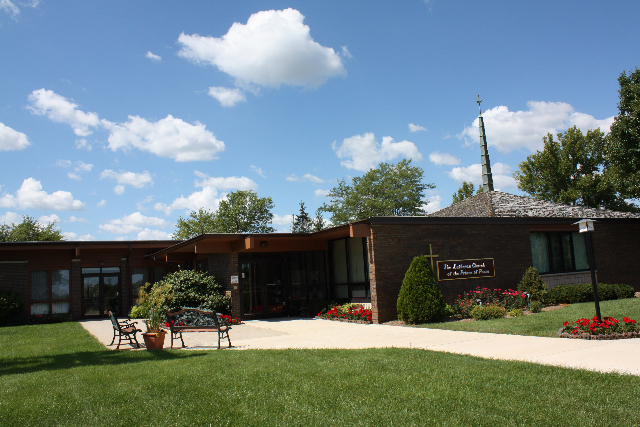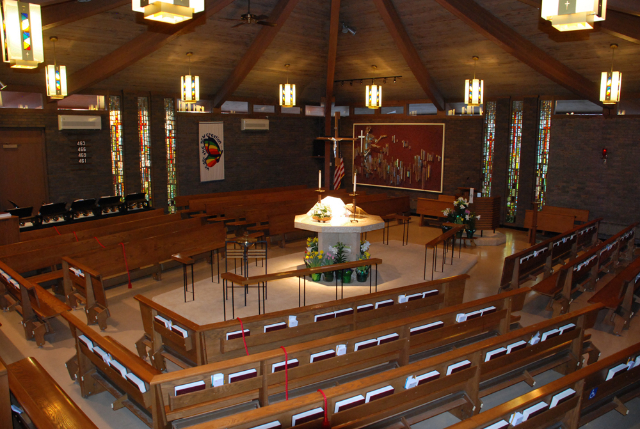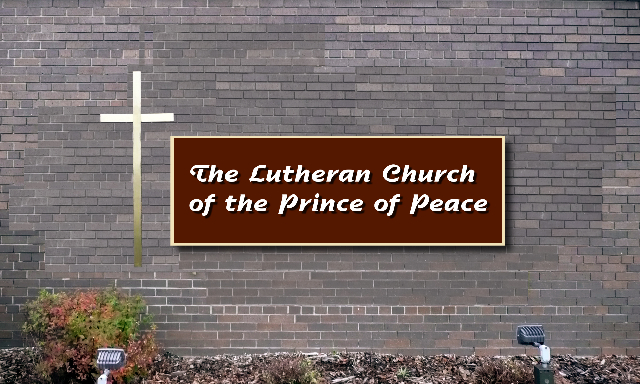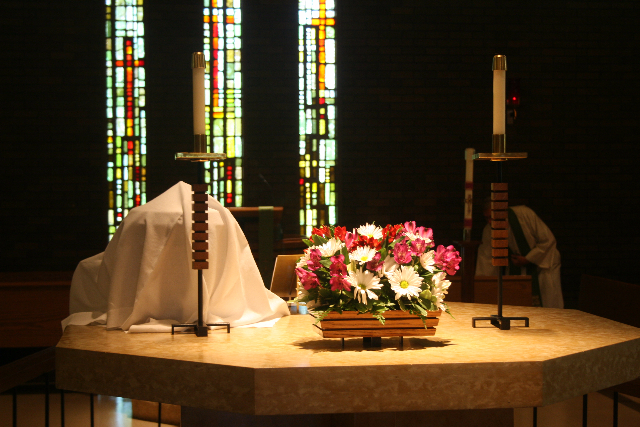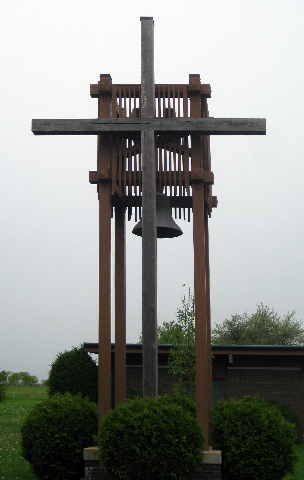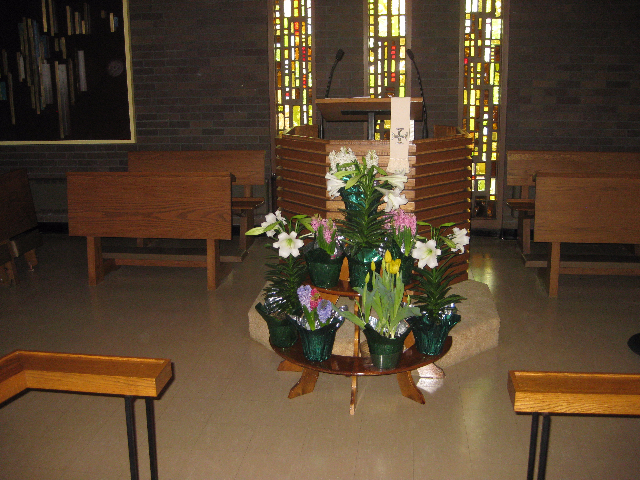ARE YOU A KINGDOM STEWARD?
A kingdom steward is a believer who faithfully oversees the protection and expansion of the assets God has entrusted to him or her to manage. Everything we have—our time, our abilities, our resources, our money—should fall underneath God’s overarching rule. While finances are only one aspect of stewardship, they are a critical aspect.
Money is a major issue in Scripture. As we see in many of Jesus’ parables, He addresses issues related to money and managing resources. But God’s teachings on finances address an issue far greater than just sensible use of money. God desires our overall wellbeing and freedom from slavery to irresponsible debt.
Living lives trapped under the weight of poor financial decisions can lead to depression, family conflict, worry and additional emotional problems that can land people in other forms of bondage. But wise stewardship ushers in the capacity for enjoyment, rest and freedom. Here is the first of four core principles that help us understand the Bible’s teachings on the wise management of money:
Planting: Kingdom stewardship starts with planting our resources in God’s kingdom. Giving first to God and His work is our recognition that He already owns everything and that we are tasked with wisely managing these resources for His purposes. We’re living in His kingdom (Psalm 24:1). It’s His house.
We have no right to claim ownership of something that is not ours. Even if we made that claim, it would make no difference. God will not stand by as His creatures seek to usurp Him as the rightful owner of creation.
Most people don’t live by this principle. They act as if they own what they really don’t own simply because they are in close proximity to it. But God has established a world where we are merely the managers. In the final analysis, each of us reports directly to God. He has entrusted us with the freedom, responsibility and opportunity to manage the things put in our care.
And what a trust that is! What you do with the time, talents and treasures God has entrusted to you is up to you. The choices you make, the decisions on how you spend your days, even the thoughts you think—it’s all up to you. God’s trust in His caretakers should invigorate us to work hard and be wise and creative in choosing how, when and where to use the resources He’s placed at our disposal.
The Board of Stewardship
